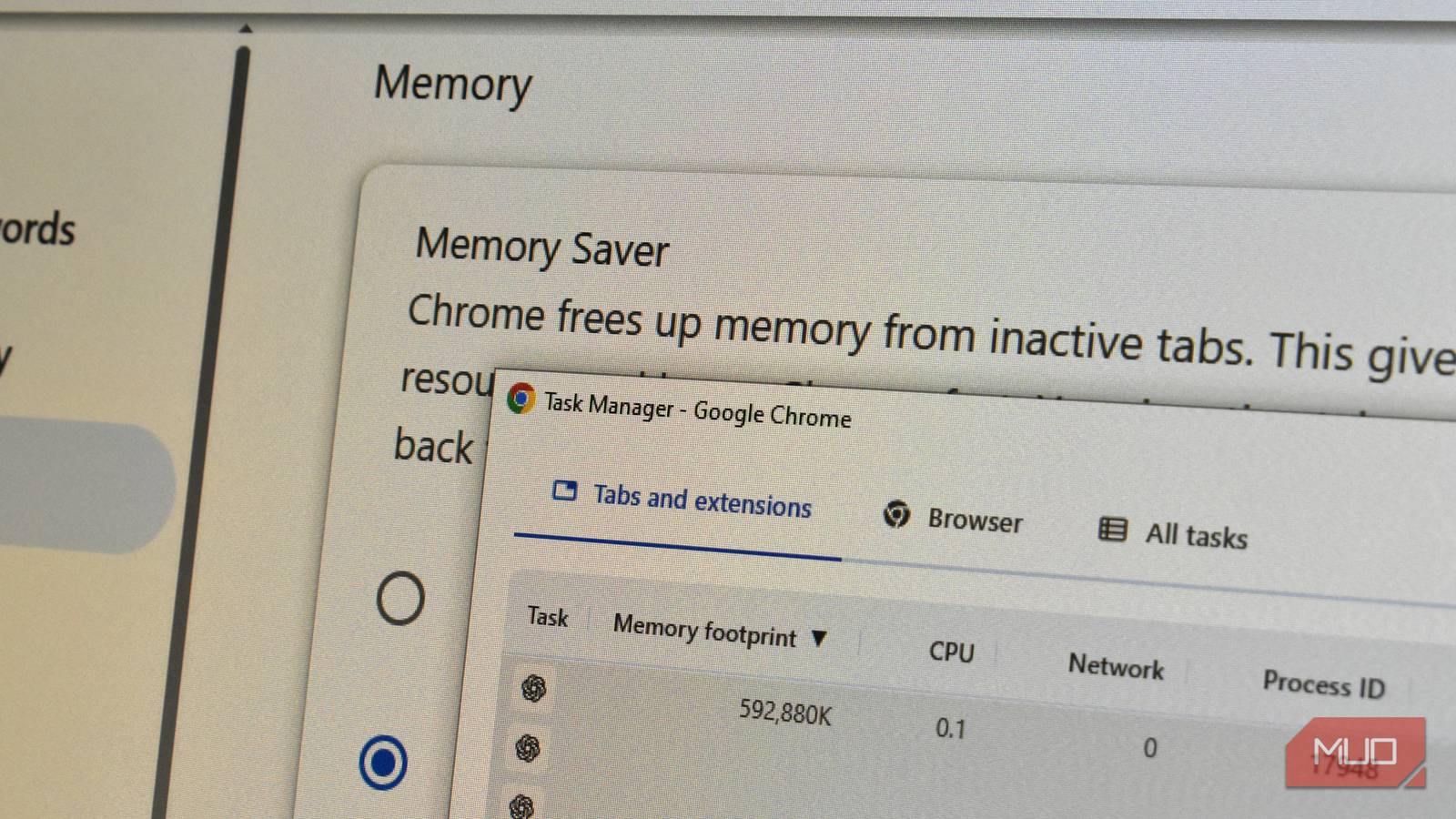Will the future of decentralized finance, or DeFi, be built on foundations of verifiable accuracy and performance? This question underpins a recent collaboration in the blockchain sector. Apex Fusion, a protocol built on Cardano’s open-source framework, has partnered with Well-Typed, an engineering firm known for its involvement in Cardano’s core development. This partnership centres on VECTOR, Apex Fusion’s institutional-grade implementation of the Cardano codebase, aiming to integrate expertise in formal verification and architectural insight.
Formal verification is a method used in computer science and engineering to prove the correctness of a system with respect to a specific formal specification or property, employing mathematical techniques. In simpler terms, it is like a rigorous mathematical proof that a piece of software or a system works exactly as intended, without any hidden errors or vulnerabilities. This contrasts with traditional testing, which only shows the presence of errors, not their absence. Its impact on blockchain development is significant because it allows for the creation of highly secure and reliable systems, reducing the risk of bugs, exploits, and financial losses in applications where large sums of value are transacted, such as in DeFi. For example, suppose a smart contract for a lending protocol undergoes formal verification. In that case, it can provide a higher level of assurance to users that their funds are safe and that the contract will execute precisely according to its logic, without unexpected behavior.
The Role of Architectural Insight and Technical Assurance
Well-Typed’s team, which includes Duncan Coutts, a Cardano architect and Intersect Technical Steering Committee member, is set to provide ongoing audit, design assurance, and implementation guidance for VECTOR. This collaboration is designed to deliver prompt finality and increased transaction throughput for the Apex Fusion network. Prompt finality in blockchain refers to the time it takes for a transaction to be considered irreversible and permanently recorded on the blockchain. For example, in a traditional banking transaction, once funds are transferred and cleared, the transaction is considered final. In blockchain, this means a transaction has been confirmed by enough network participants that it is highly unlikely to be reversed or altered.
Increased transaction throughput, on the other hand, refers to the number of transactions a blockchain network can process within a given time frame. For instance, if a network can process 100 transactions per second, its throughput is 100 TPS. Both prompt finality and increased transaction throughput are crucial for institutional use cases, particularly in DeFi, as they ensure that large-volume and high-frequency transactions can be settled quickly and reliably, enabling more complex financial operations and improving overall efficiency for professional users.
Duncan Coutts, a Partner at Well-Typed, stated, “It’s exciting to see the Cardano codebase being reused in novel ways. VECTOR is a bold implementation effort aimed at delivering institutional-grade features while staying grounded in the principles of correctness and formal methods. We’re pleased to support the Apex Fusion team in ensuring VECTOR meets the highest engineering standards.” This statement highlights the focus on maintaining rigorous engineering principles while extending the utility of the Cardano codebase for new applications.
Building for High-Assurance Environments
The VECTOR protocol, as developed by Apex Fusion, is built for high-assurance environments where security, predictability, and performance are crucial. This partnership reinforces Apex Fusion’s commitment to rigor, collaboration, and innovation, principles shared within the Cardano ecosystem. High-assurance environments, in the context of software and systems, are settings where the consequences of failure are severe, such as financial loss, security breaches, or even loss of life. These environments require systems to be exceptionally reliable, secure, and predictable. For instance, in financial trading systems, a slight error or delay can lead to millions of dollars in losses, so these systems are designed and verified to the highest assurance levels. In blockchain, this translates to protocols that can guarantee the integrity of transactions and the security of assets, even under extreme conditions.
Ivan Bjelajac, CEO of the Apex Fusion Foundation, commented,
“Cardano’s legacy of sound engineering is a foundation we deeply respect. Working with Well-Typed is an assurance of quality and a continuation of that legacy. Together, we’re evolving that foundation to meet the needs of institutional DeFi and build a future where cross-chain composability is secure, fast, and dependable.”
This sentiment underlines the objective of evolving existing robust foundations to address the specific demands of institutional decentralized finance and to foster reliable cross-chain interactions. Cross-chain composability refers to the ability of different blockchain networks to interact and exchange assets or data with each other seamlessly and securely. Imagine multiple different countries with different currencies and legal systems, but with a system that allows their citizens to easily and safely trade goods and services without complex conversions or legal hurdles.
In blockchain, this means that assets or functionalities from one blockchain, for example, a token on Ethereum, could be used directly within an application on another blockchain, like Cardano, without needing to convert them into a native asset of the second chain. This is crucial for unlocking the full potential of blockchain technology because it allows for a more interconnected and versatile ecosystem, expanding the range of applications and use cases.
Final Outlook
The collaboration between Apex Fusion and Well-Typed represents a logical step in the maturing blockchain landscape. As the industry moves beyond early experimental phases, the emphasis on robust engineering and formal verification becomes increasingly important, especially for attracting institutional participation. The focus on prompt finality and increased throughput directly addresses practical hurdles that have limited the widespread adoption of DeFi in traditional finance.
While the partnership aims to leverage Cardano’s established principles, the true test will be in how effectively VECTOR can deliver on its promises of speed and scalability without compromising the foundational integrity that formal methods are intended to provide. This initiative indicates a broader trend towards building more resilient and dependable blockchain infrastructure, essential for supporting the complex financial applications of the future. The success of such collaborations could set a precedent for how innovation within the decentralized space continues to align with the stringent requirements of institutional users.
Don’t forget to like and share the story!
This author is an independent contributor publishing via our











